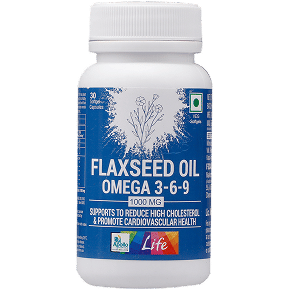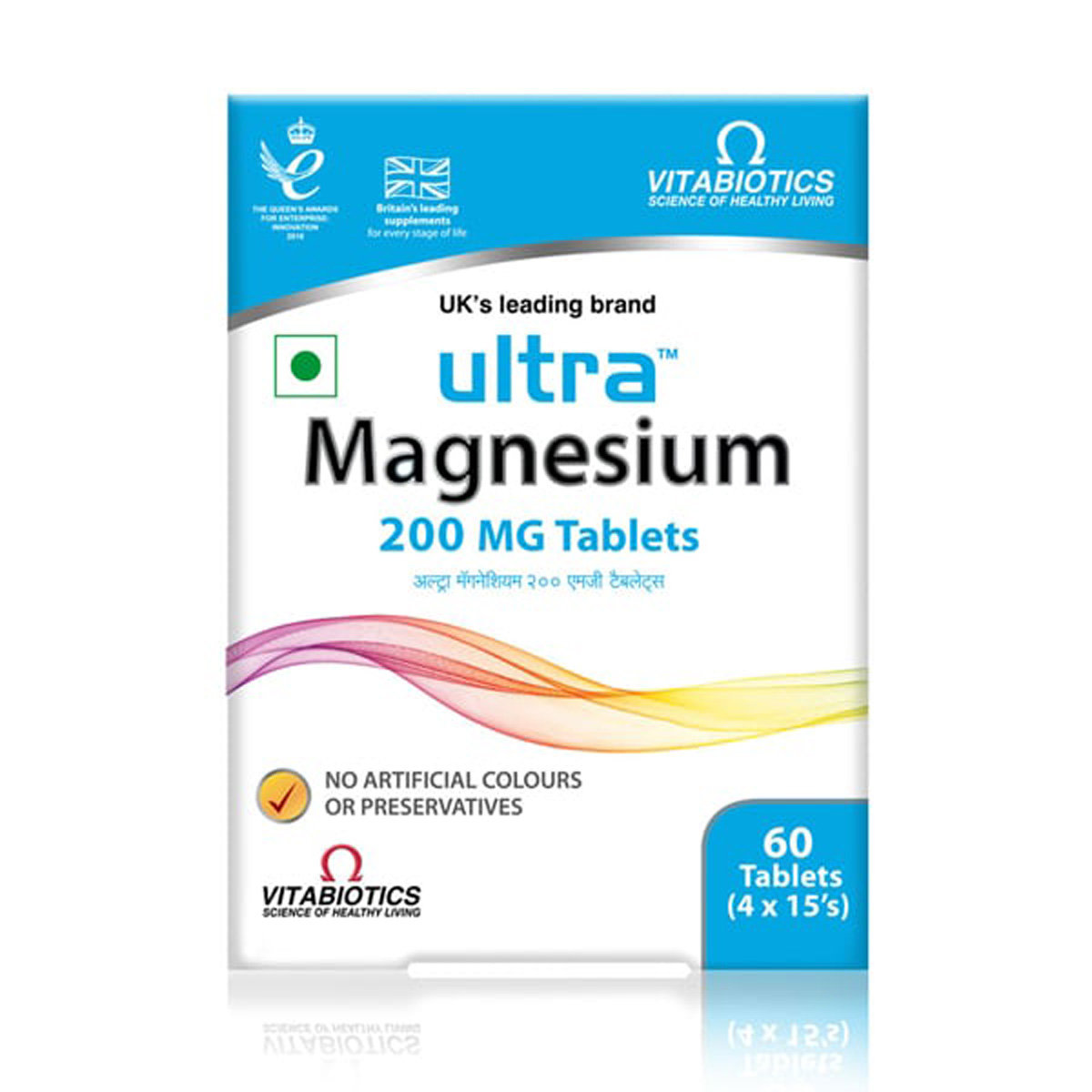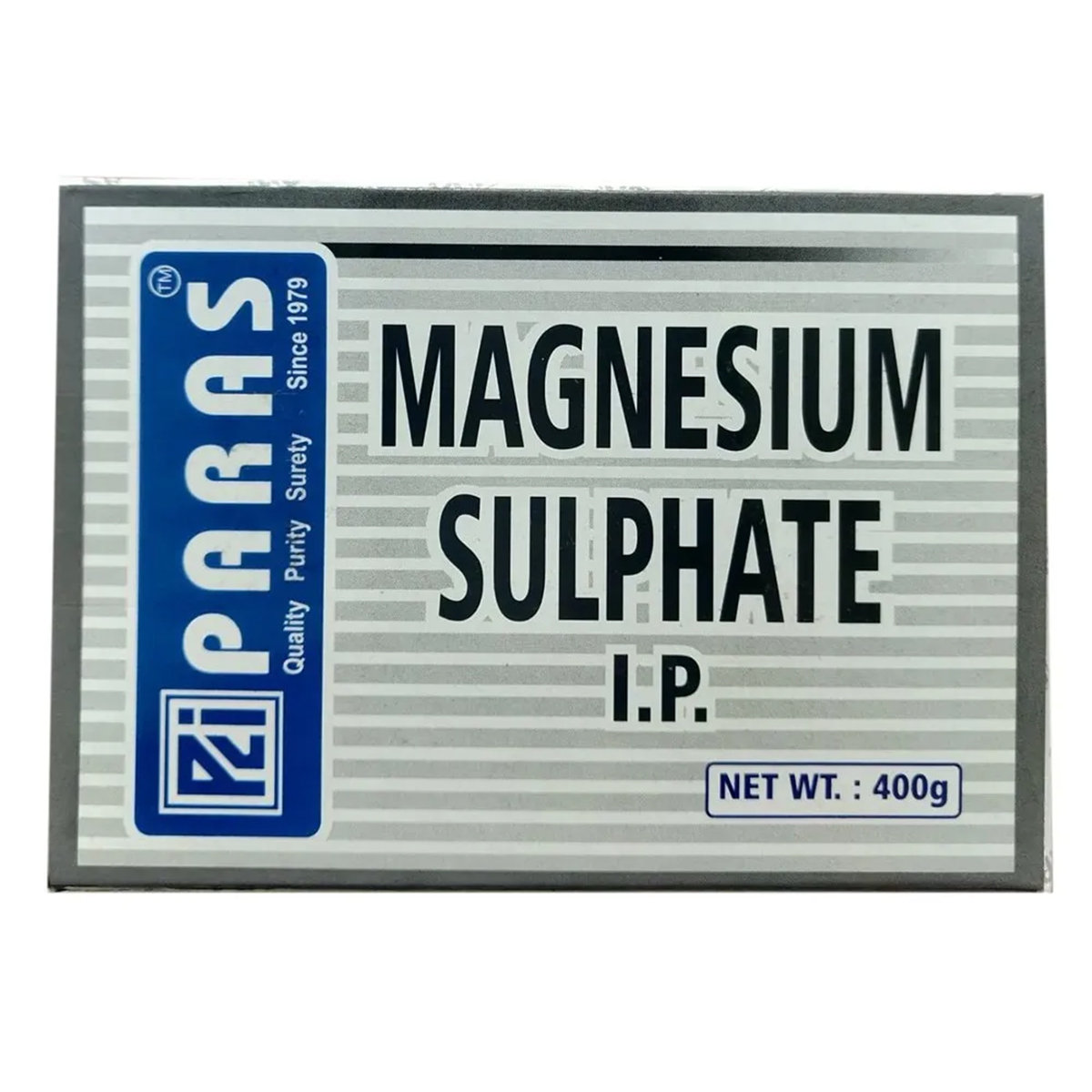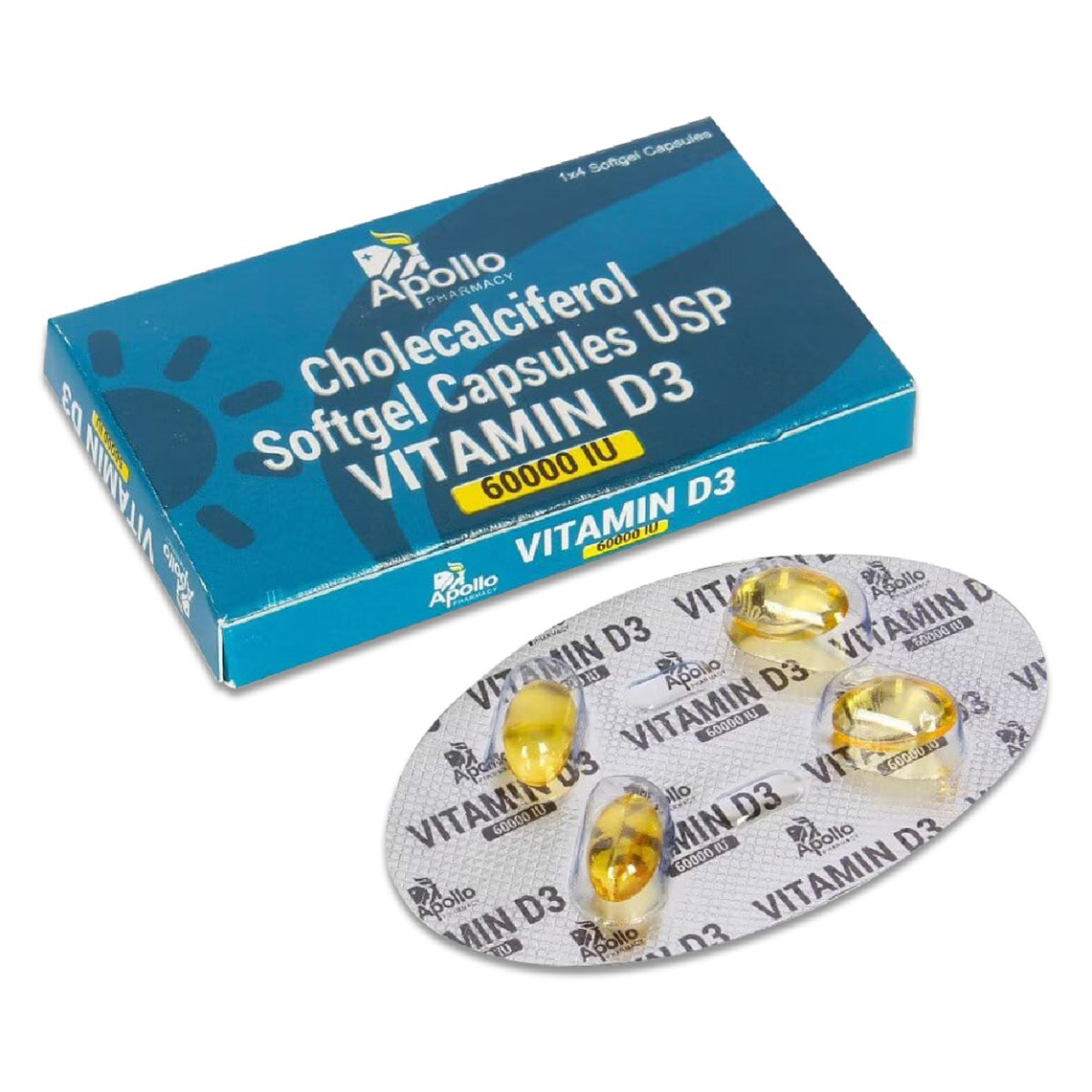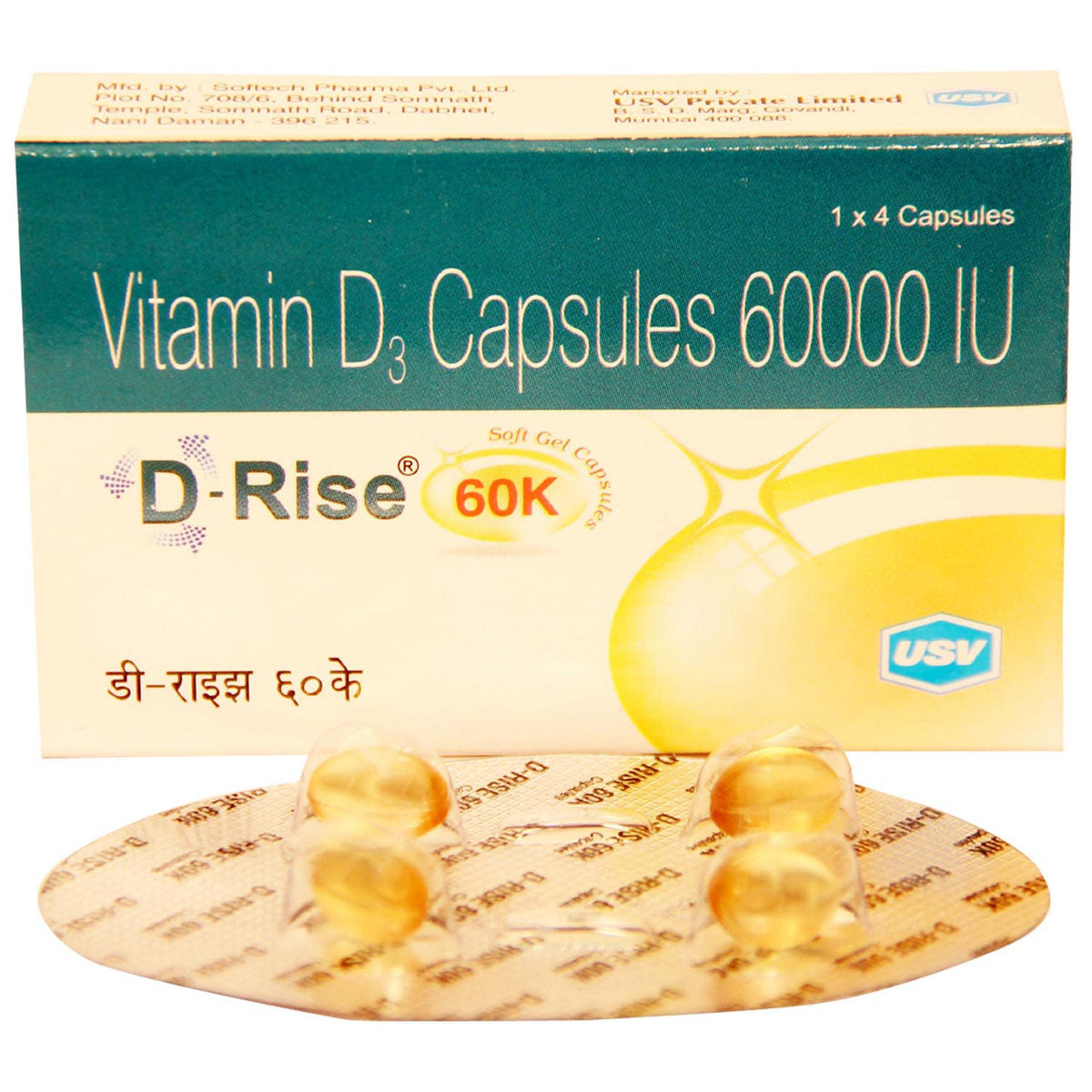Chymoral Plus Tablet


MRP ₹224
(Inclusive of all Taxes)
₹33.6 Cashback (15%)
know your delivery time
Provide Delivery Location
Composition :
Manufacturer/Marketer :
Consume Type :
Expires on or after :
Return Policy :

Secure Payment

Trusted by 8 Crore Indians

Genuine Products
Therapeutic Class
Country of origin
Manufacturer/Marketer address
Author Details
We provide you with authentic, trustworthy and relevant information
Disclaimer
Alcohol
Safe if prescribed
Avoid consumption of alcohol while taking Chymoral Plus Tablet as it may cause increased dizziness. It can also increase the risk of stomach bleeding.
Pregnancy
Consult your doctor
If you are pregnant, please consult your doctor before taking Chymoral Plus Tablet . Your doctor will prescribe only if the benefits outweigh the risks.
Breast Feeding
Consult your doctor
Consult your doctor before taking Chymoral Plus Tablet if you are breastfeeding. Your doctor will prescribe only if the benefits outweigh the risks.
Driving
Safe if prescribed
Chymoral Plus Tablet may cause dizziness. Do not drive or operate machinery unless you are alert.
Liver
Consult your doctor
Dose adjustment may be needed in patients with liver impairment. Please consult your doctor if you have a liver impairment or any concerns regarding this.
Kidney
Consult your doctor
Dose adjustment may be needed in patients with kidney impairment. Please consult your doctor if you have kidney impairment or any concerns regarding this.
Children
Safe if prescribed
Chymoral Plus Tablet is not recommended for children as safety and effectiveness have not been established.
Product Substitutes
About Chymoral Plus Tablet
Chymoral Plus Tablet is a combination medicine used to relieve pain and inflammation associated with osteoarthritis, rheumatoid arthritis, ankylosing spondylitis, muscle pain, and bone and joint pain. Pain is a symptom triggered by the nervous system, causing uncomfortable sensations in the body. Arthritis, also known as joint inflammation, is the tenderness and swelling of the joints. Symptoms include swelling, pain, and stiffness.
Chymoral Plus Tablet is a combination of two drugs: Diclofenac and Trypsin-chymotrypsin. Diclofenac works by blocking the effect of chemical messengers called prostaglandins by inhibiting cyclooxygenase (COX) enzymes, thereby reducing mild to moderate pain and inflammation at the injured or damaged site. Trypsin-chymotrypsin breaks down the abnormal proteins at the site of inflammation, thereby reducing swelling and inflammation.
Take Chymoral Plus Tablet as prescribed. Your doctor will decide the dosage of this medicine based on your condition. In some cases, you may experience some common side effects, such as nausea, vomiting, stomach pain, loss of appetite, indigestion, and diarrhoea. Most of these side effects do not require medical attention and will resolve gradually over time. However, you are advised to talk to your doctor if you experience these side effects persistently.
Consult your doctor before taking Chymoral Plus Tablet if you are pregnant or breastfeeding. Chymoral Plus Tablet may cause dizziness, so drive with caution. Chymoral Plus Tablet is not recommended for children as safety and efficacy have not been established. Avoid consuming alcohol along with Chymoral Plus Tablet as it could lead to increased dizziness; it might also increase the risk of stomach bleeding. Keep your doctor informed about your health condition and medicines to rule out any side effects.
Uses of Chymoral Plus Tablet
Medicinal Benefits Mweb
Key Benefits
Chymoral Plus Tablet is a combination of two drugs: Diclofenac and Trypsin-chymotrypsin. Chymoral Plus Tablet is used to relieve pain and inflammation associated with osteoarthritis, rheumatoid arthritis, ankylosing spondylitis, muscle pain, and bone and joint pain. Diclofenac is an NSAID (Non-Steroidal Anti-Inflammatory Drug) which works by blocking the effect of chemical messengers called prostaglandins by inhibiting cyclooxygenase (COX) enzymes, thereby reducing mild to moderate pain and inflammation at the injured or damaged site. Trypsin-chymotrypsin is a combination of enzymes that breaks down the abnormal proteins at the site of inflammation, thereby reducing swelling and inflammation by increasing the blood supply at the affected area.
Directions for Use
Side Effects of Chymoral Plus Tablet
- Nausea
- Vomiting
- Stomach pain
- Diarrhoea
- Indigestion
- Loss of appetite
Drug Warnings
Do not take Chymoral Plus Tablet if you are allergic to any of its contents; if you have/had severe heart problems, stomach ulcer or perforation, and bleeding problems such as bleeding from the stomach, intestine or brain, bypass surgery, heart attack, blood circulation problems, or inflammation of intestines. Inform your doctor before taking Chymoral Plus Tablet if you have/had high blood pressure, heart problems, high cholesterol, diabetes, asthma, angina, bowel problems, blood clotting disorder, a habit of smoking, or liver and kidney problems. Consult your doctor before taking Chymoral Plus Tablet if you are pregnant or breastfeeding. Stop taking Chymoral Plus Tablet and consult your doctor immediately if you have stomach pain or any signs of bleeding in the intestine or stomach, such as blood in stools. If you have had any recent heart surgery, talk to your doctor before starting Chymoral Plus Tablet as it may increase the risk of heart attack or stroke. Do not take any other NSAIDs for pain relief along with Chymoral Plus Tablet unless prescribed by the doctor.
Drug-Drug Interactions
Drug-Drug Interactions
Login/Sign Up
Co-administration of Chymoral Plus Tablet with Meloxicam can increase the risk or severity of gastrointestinal side effects.
How to manage the interaction:
Taking Meloxicam with Chymoral Plus Tablet is not recommended as it can possibly result in an interaction, it can be taken if your doctor has advised it. However, consult your doctor immediately if you experience symptoms such as dizziness, lightheadedness, red or black, tarry stools, coughing up or vomiting fresh or dried blood that looks like coffee grounds, severe headache, and weakness. Do not stop any medication without doctor's advise.
Taking Chymoral Plus Tablet with Enoxaparin can increase the risk of bleeding complications.
How to manage the interaction:
There may be a possible interaction between Chymoral Plus Tablet and Enoxaparin, but they can be taken together if your doctor has prescribed them. However, consult your doctor immediately if you experience any unusual bleeding or bruising, swelling, vomiting, blood in your urine or stools, headache, dizziness, or weakness. Do not discontinue any medications without consulting a doctor.
Coadministration of Chymoral Plus Tablet with Ketoconazole may increase the risk of liver problems.
How to manage the interaction:
There may be a possible interaction between Chymoral Plus Tablet and Ketoconazole, but they can be taken together if a doctor has prescribed them. However, consult a doctor immediately if you have fever, chills, joint pain or swelling, unusual bleeding or bruising, skin rash, itching, loss of appetite, fatigue, nausea, vomiting, abdominal pain, dark colored urine, light colored stools, and/or yellowing of the skin or eyes. Do not discontinue any medications without consulting a doctor.
Taking Chymoral Plus Tablet with human immunoglobulin may increase the risk of kidney problems.
How to manage the interaction:
Although there is an interaction between Human immunoglobulin and Chymoral Plus Tablet, you can take these medicines together if prescribed by a doctor. However, consult the doctor immediately if you experience symptoms such as nausea, vomiting, loss of appetite, increased or decreased urination, sudden weight gain or weight loss, fluid retention, swelling, shortness of breath, muscle cramps, tiredness, weakness, dizziness, confusion, and irregular heart rhythm. Do not discontinue any medications without consulting a doctor.
Taking Chymoral Plus Tablet with Ibrutinib can increase the risk of bleeding tendencies.
How to manage the interaction:
There may be a possible interaction between Chymoral Plus Tablet and Ibrutinib, but they can be taken together if a doctor has prescribed them. However, consult a doctor immediately if you experience any unusual bleeding, dizziness, lightheadedness, red or black, tarry stools, coughing up or vomiting fresh or dried blood that looks like coffee grounds, or severe headaches. Do not discontinue any medications without consulting a doctor.
Co-administration of Chymoral Plus Tablet with Celecoxib may increase the risk of stomach bleeding and ulcers.
How to manage the interaction:
Although there is a interaction between Chymoral Plus Tablet and Celecoxib, but it can be taken if your doctor has advised it. Consult a doctor if you experience symptoms like blood in your urine or stool (or a black stool), severe bruising, prolonged nosebleeds, feeling dizzy or lightheaded, weakness or severe headache, vomiting blood or coughing up blood, heavy menstrual bleeding (in women), difficulty breathing, or chest pain. Do not discontinue any medication without consulting a doctor.
Co administration of Chymoral Plus Tablet with Leflunomide may result in liver problems.
How to manage the interaction:
Co-administration of Chymoral Plus Tablet and Leflunomide can lead to an interaction; it can be taken if advised by your doctor. However, if you have a fever, chills, joint pain or swelling, unusual bleeding or bruising, skin rash, itching, loss of appetite, fatigue, nausea, vomiting, abdominal pain, dark-colored urine, light-colored stools, or yellowing of the skin or eyes. Do not stop using any medication without consulting your doctor.
Concomitant administration of Chymoral Plus Tablet and furosemide may decrease the therapeutic efficacy of furosemide and adversely affect renal function.
How to manage the interaction:
There may be a possible interaction between Chymoral Plus Tablet and furosemide, but they can be taken together if your doctor has prescribed them. However, consult your doctor immediately if you experience symptoms like nausea, dizziness, irregular heartbeats, altered blood pressure, tingling. Do not stop using any medications without first talking to your doctor.
Co-administration of Chymoral Plus Tablet and tenofovir alafenamide may cause kidney problems.
How to manage the interaction:
There may be a possible interaction between Chymoral Plus Tablet and Tenofovir alafenamide but they can be taken together if your doctor has prescribed them. However, consult your doctor immediately if you experience symptoms such as such as nausea, vomiting, loss of appetite, increased or decreased urination, sudden weight gain or weight loss, fluid retention, swelling, shortness of breath, bone pain, muscle cramps, tiredness, weakness, dizziness, confusion, and irregular heart rhythm. Do not stop using any medications without talking to your doctor.
Taking Dasatinib together with Chymoral Plus Tablet may increase the risk of bleeding.
How to manage the interaction:
There may be a possible interaction between Chymoral Plus Tablet and Dasatinib but they can be taken together if a doctor has prescribed them. However, consult a doctor immediately if you experience dizziness, red or black, tarry stools, or severe headaches. Do not discontinue any medications without consulting a doctor.
Drug-Food Interactions
Drug-Food Interactions
Login/Sign Up
Drug-Diseases Interactions
Drug-Diseases Interactions
Login/Sign Up
Drug-Drug Interactions Checker List
- ASPIRIN
- WARFARIN
- COUMADIN
- HEPARIN
- CLOPIDOGREL
- DULOXETINE
- LITHIUM
- CHLORAMPHENICOL
Habit Forming
Diet & Lifestyle Advise
- Daily exercise helps in muscle stretching, making them less likely to spasm, tear and sprain. Mild exercises such as jogging and walking are helpful for muscle stretching.
- Massages can also be helpful.
- Avoid freezing and hot temperatures.
- Rest well. Get optimum sleep.
- To avoid developing pressure sores, change your position every two hours.
- Hot or cold therapy can help treat muscle spasms. Apply an ice pack or hot pack on the muscle for 15-20minutes.
- Stay hydrated, and drink plenty of water.
- Avoid smoking and alcohol consumption.
All Substitutes & Brand Comparisons
RX
Out of StockChyro D 50mg/50000IU Tablet
₹54.9
(₹4.94 per unit)
63% CHEAPERRX
Out of StockFibrotryp D 50mg/50000IU Tablet
Alchemist Life Sciences Ltd
₹56.18
(₹5.06 per unit)
62% CHEAPERRX
Out of StockChomfit-D Tablet
Biophar Lifesciences Pvt Ltd
₹60.9
(₹5.48 per unit)
59% CHEAPER

Have a query?
Buy best C.n.s Drugs products by
Intas Pharmaceuticals Ltd
Sun Pharmaceutical Industries Ltd
Torrent Pharmaceuticals Ltd
Alkem Laboratories Ltd
Abbott India Ltd
Cipla Ltd
Alteus Biogenics Pvt Ltd
Micro Labs Ltd
Lupin Ltd
Ipca Laboratories Ltd
D D Pharmaceuticals Pvt Ltd
Icon Life Sciences
Mankind Pharma Pvt Ltd
Tripada Healthcare Pvt Ltd
Arinna Lifesciences Ltd
Linux Laboratories Pvt Ltd
East West Pharma India Pvt Ltd
La Renon Healthcare Pvt Ltd
Talent India Pvt Ltd
Tas Med India Pvt Ltd
Zydus Healthcare Ltd
Cnx Health Care Pvt Ltd
Eris Life Sciences Ltd
Leeford Healthcare Ltd
Emcure Pharmaceuticals Ltd
Macleods Pharmaceuticals Ltd
Sigmund Promedica
Aristo Pharmaceuticals Pvt Ltd
Dr Reddy's Laboratories Ltd
Troikaa Pharmaceuticals Ltd
Consern Pharma Ltd
Zydus Cadila
Shine Pharmaceuticals Ltd
Wockhardt Ltd
Ardent Life Sciences Pvt Ltd
Crescent Formulations Pvt Ltd
Theo Pharma Pvt Ltd
Reliance Formulation Pvt Ltd
Ikon Pharmaceuticals Pvt Ltd
Propel Healthcare
Neon Laboratories Ltd
Jagsam Pharma
Msn Laboratories Pvt Ltd
Morepen Laboratories Ltd
Pulse Pharmaceuticals
Sanofi India Ltd
Med Manor Organics Pvt Ltd
Hetero Healthcare Pvt Ltd
Novartis India Ltd
Crescent Therapeutics Ltd
Elder Pharmaceuticals Ltd
Solvate Laboratories Pvt Ltd
Akumentis Healthcare Ltd
Mova Pharmaceutical Pvt Ltd
Psyco Remedies Ltd
Tripada Lifecare Pvt Ltd
Ajanta Pharma Ltd
Cyrus Remedies Pvt Ltd
Medishri Healthcare Pvt Ltd
Cadila Healthcare Ltd
Glenmark Pharmaceuticals Ltd
Matteo Health Care Pvt Ltd
Hbc Life Sciences Pvt Ltd
Lyf Healthcare
Matias Healthcare Pvt Ltd
Mesmer Pharmaceuticals
Alembic Pharmaceuticals Ltd
Capital Pharma
Crescent Pharmaceuticals
Medopharm Pvt Ltd
Alniche Life Sciences Pvt Ltd
Kivi Labs Ltd
Talin Remedies Pvt Ltd
USV Pvt Ltd
Quince Lifesciences Pvt Ltd
Solis Pharmaceuticals
Infivis Life Care
Zuventus Healthcare Ltd
Cadila Pharmaceuticals Ltd
Pfizer Ltd
Wallace Pharmaceuticals Pvt Ltd
A N Pharmacia Laboratories Pvt Ltd
Blue Cross Laboratories Pvt Ltd
Jenburkt Pharmaceuticals Ltd
Lia Life Sciences Pvt Ltd
Mano Pharma
Medley Pharmaceuticals Ltd
Primus Remedies Pvt Ltd
FDC Ltd
Maneesh Pharmaceuticals Ltd
Apex Laboratories Pvt Ltd
Gagnant Healthcare Pvt Ltd
Ozone Pharmaceuticals Ltd
RPG Life Sciences Ltd
Strides Shasun Ltd
Unichem International
GlaxoSmithKline Pharmaceuticals Ltd
Kuresys Labs Pvt Ltd
LA Pharma
Trion Pharma India Llp
Frequently Bought Together

_0.jpg?tr=q-85)






